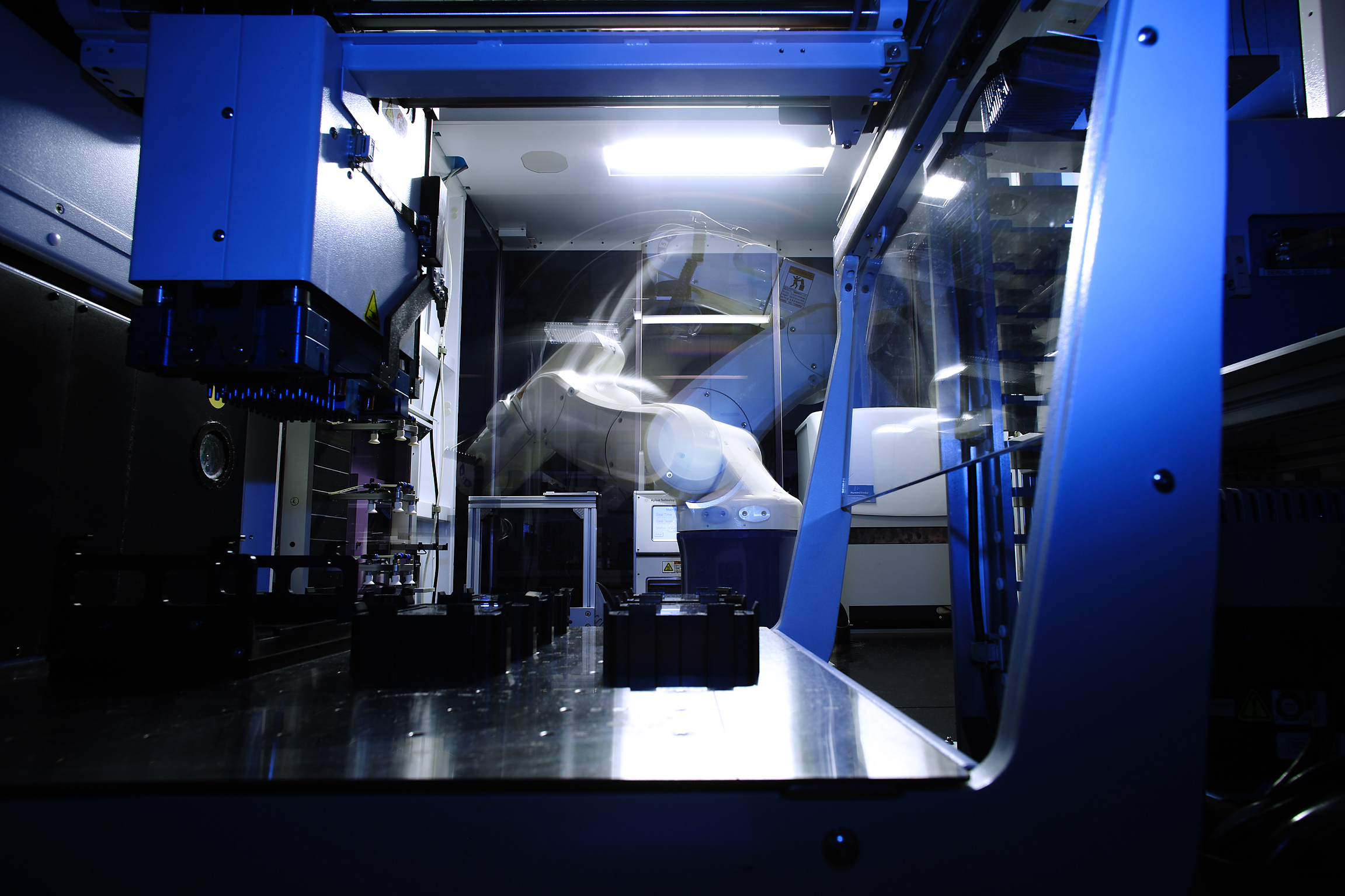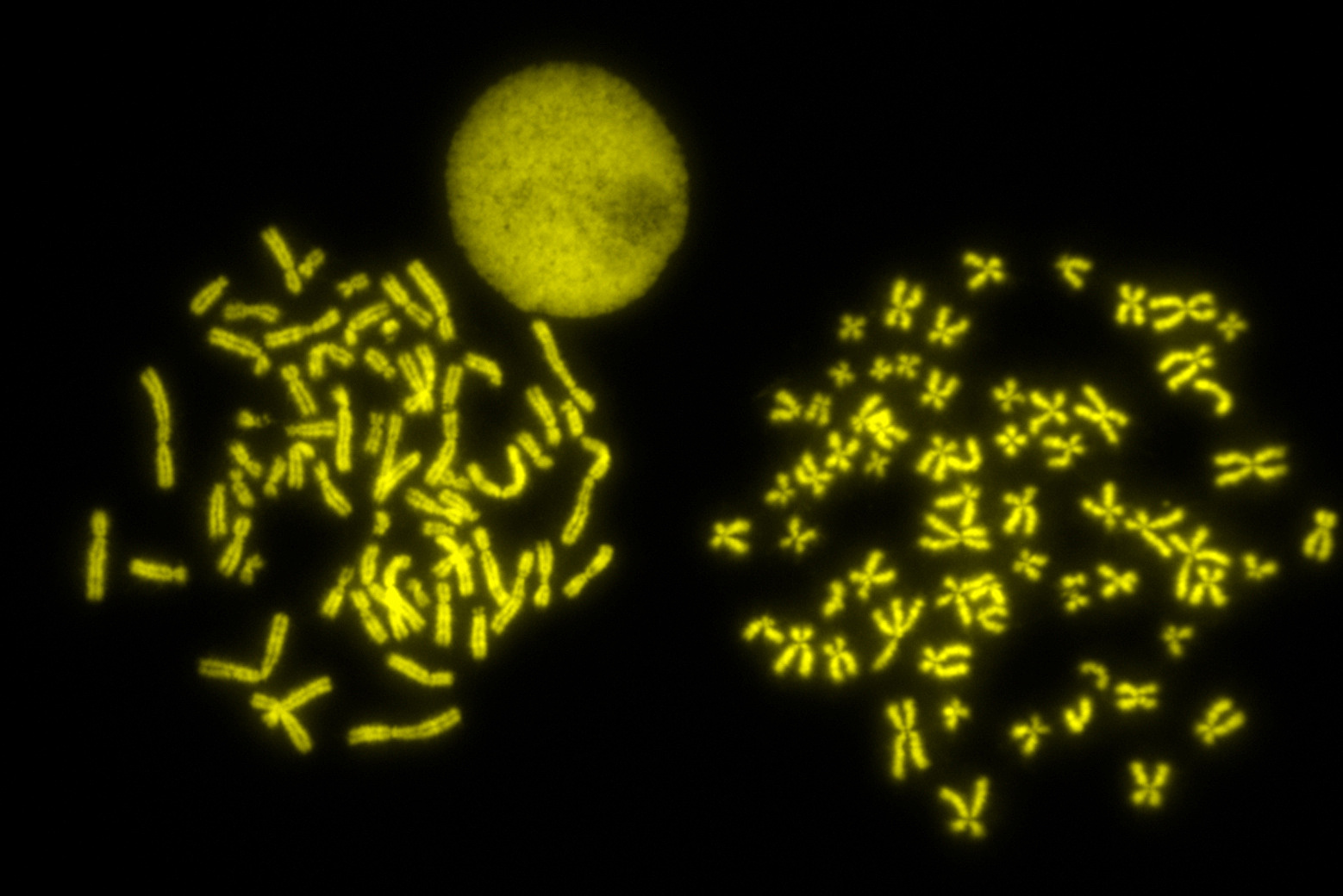CD Laboratory for Chemical Epigenetics and Antiinfectives
Head of research unit
Commercial Partner
Duration
Thematic Cluster

In both cancer and the common cold, the body's own substances (mostly proteins) are also involved in the disease process. Research is being conducted into substances that act on these proteins - laying the foundations for the development of new drugs.
Chemical biology uses small molecules to understand and modify biological systems, relying in particular on chemical methods. The basic knowledge gained in this way can be used to identify and produce substances that are hoped to be effective in medicines.
However, the aim of research is not only to find substances, but also to develop methods: which chemical, molecular biological and genetic analyses can be used to investigate the underlying biological processes, how can the possible effects of substances be measured?
This laboratory is focussing on two key areas that play a major role in the development of diseases: Chromatin changes that can contribute to the development of cancer; and human proteins that are involved in infectious diseases.
Human DNA is highly organised by special proteins, known as chromatin. The physical and chemical state of this chromatin is of crucial importance in determining which DNA sections are active and which are inactive. Defects in the chromatin organisation and in the corresponding enzymes contribute to the development and progression of cancer. The first drugs that influence these enzymes have already been authorised. However, there are more than 400 other chromatin proteins that could be influenced by low-molecular substances - a previously untapped source of novel drugs. The CD Laboratory for Chemical Epigenetics and Anti-Infectives is developing methods to measure and modulate the activities of these proteins.
The fight against infectious diseases is a core area of chemical biology, which also includes the development of antibiotics, for example. These and antiviral agents are normally directed against pathogen proteins, which are characterised by high mutation rates. This leads to the rapid development of resistance to antibiotic and antiviral substances. In this laboratory, however, a different approach is being pursued: Substances directed against human proteins are being researched. Infectious diseases arise from the interaction between pathogens and the "host", in this case the human body. For example, some viruses are only pathogenic if certain enzymes of the host are active - if these are known, they could be temporarily suppressed without triggering side effects. The low mutation rates of human proteins make such approaches particularly attractive for drug development.
The aim of the research work is to identify such "host factors" using innovative screening methods on human cells and to investigate their mechanisms of action. To this end, scientists can utilise unique haploid cell lines in which individual genes - and therefore proteins - can simply be switched off. As a result, the first inhibitory substances can be developed as well as tests on the drug suitability of these substances. This is the first step towards the development of new drugs.
Christian Doppler Forschungsgesellschaft
Boltzmanngasse 20/1/3 | 1090 Wien | Tel: +43 1 5042205 | Fax: +43 1 5042205-20 | office@cdg.ac.at


